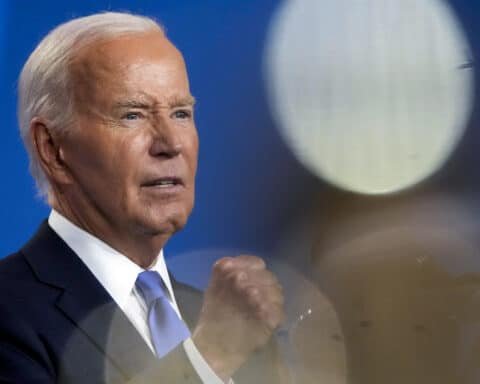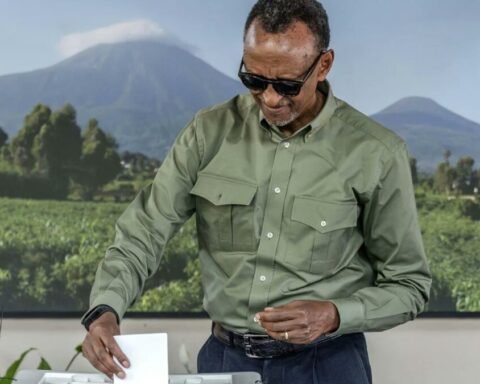The government has decentralised the deployment of teachers after facing criticism from parents, educationists, activists, and politicians regarding the assignment of non-Ndebele-speaking teachers to Matabeleland. The move aims to address concerns about low pass rates in the region, which some commentators have attributed to the language barrier.
In 2022, the Silobela community protested against the deployment of non-Ndebele-speaking early childhood development (ECD) teachers. This led to calls for more localised recruitment practices.
Sithembiso Nyoni, the Member of Parliament for Nkayi North and the Environment, Climate and Wildlife Minister, confirmed the decentralisation during a virtual discussion organised by the Nkayi Community Parliament on Tuesday. Nyoni stated, “The recruitment of teachers is now localised. This is one of the issues that we fought for. What is left for us to fight for is that the head of Public Service in Nkayi and the head of the Education Department in Nkayi must work together and agree on the deployment.”
Nyoni highlighted that the permanent secretary of the Ministry of Primary and Secondary Education had authorised local authorities to employ teachers from their respective areas. “The central government has since decentralised, it is up to us how we recruit the teachers,” she added. “We have even submitted the list of qualified teachers to them. We will have to make a follow-up to see if they have recruited them.”
The deployment of Shona-speaking teachers in regions with different local languages has been a contentious issue in Parliament over the years. There have been multiple instances where parents have demanded the removal of teachers who do not speak the local language. The government has previously stated that only teachers who speak the local language should be assigned to ECD classes to improve understanding and academic performance.
Last week, Binga South legislator Fanuel Cumanzala (CCC) raised concerns in the National Assembly about the deployment of non-Tonga-speaking teachers in Binga District. He pointed out that qualified Tonga-speaking teachers remain unemployed while non-Tonga-speaking teachers are being deployed to the district.
With the new decentralisation policy, local communities now have the responsibility to ensure their educational needs and cultural contexts are met. This initiative is seen as a crucial step towards improving educational outcomes and preserving local languages and cultures.








